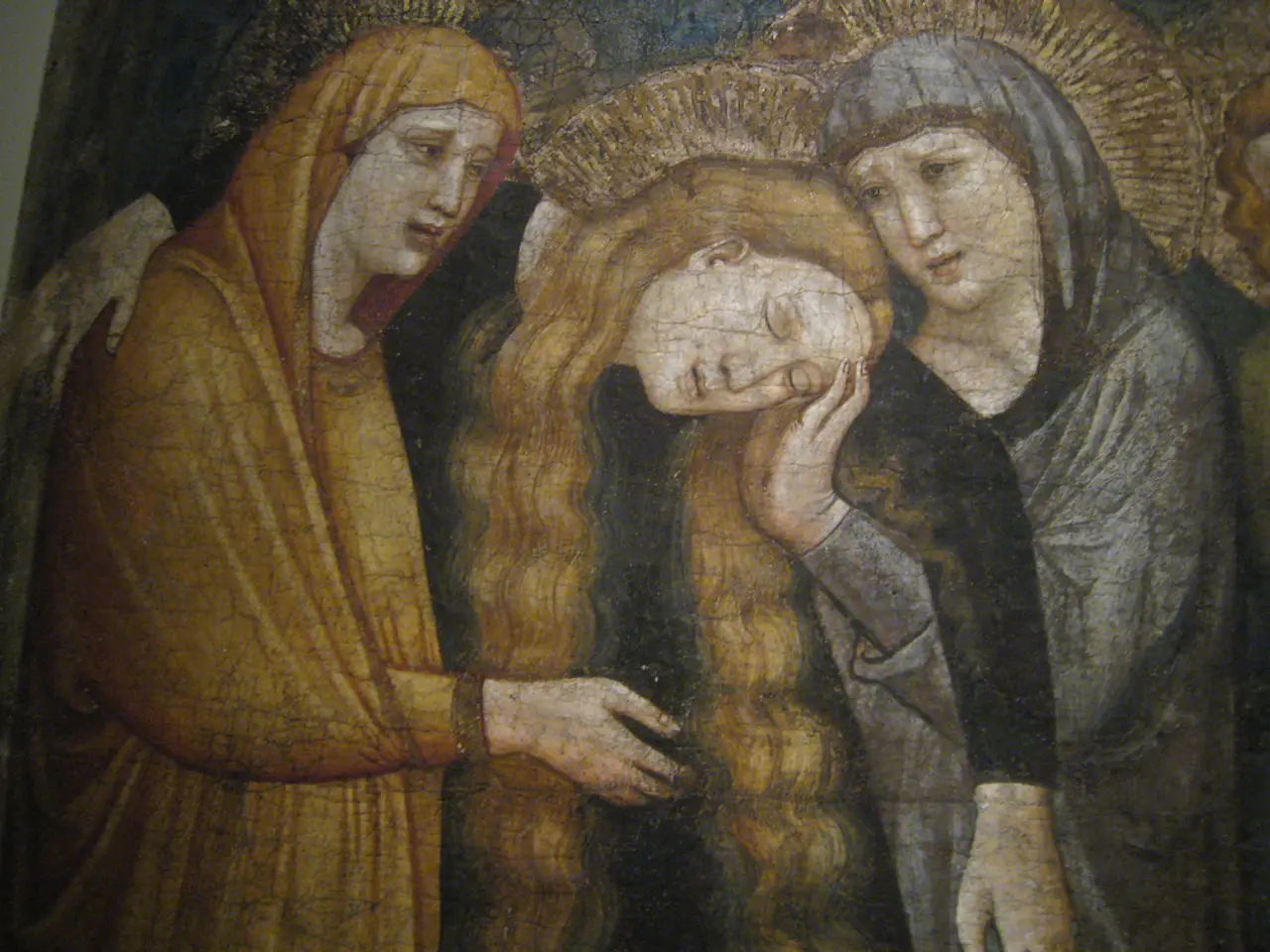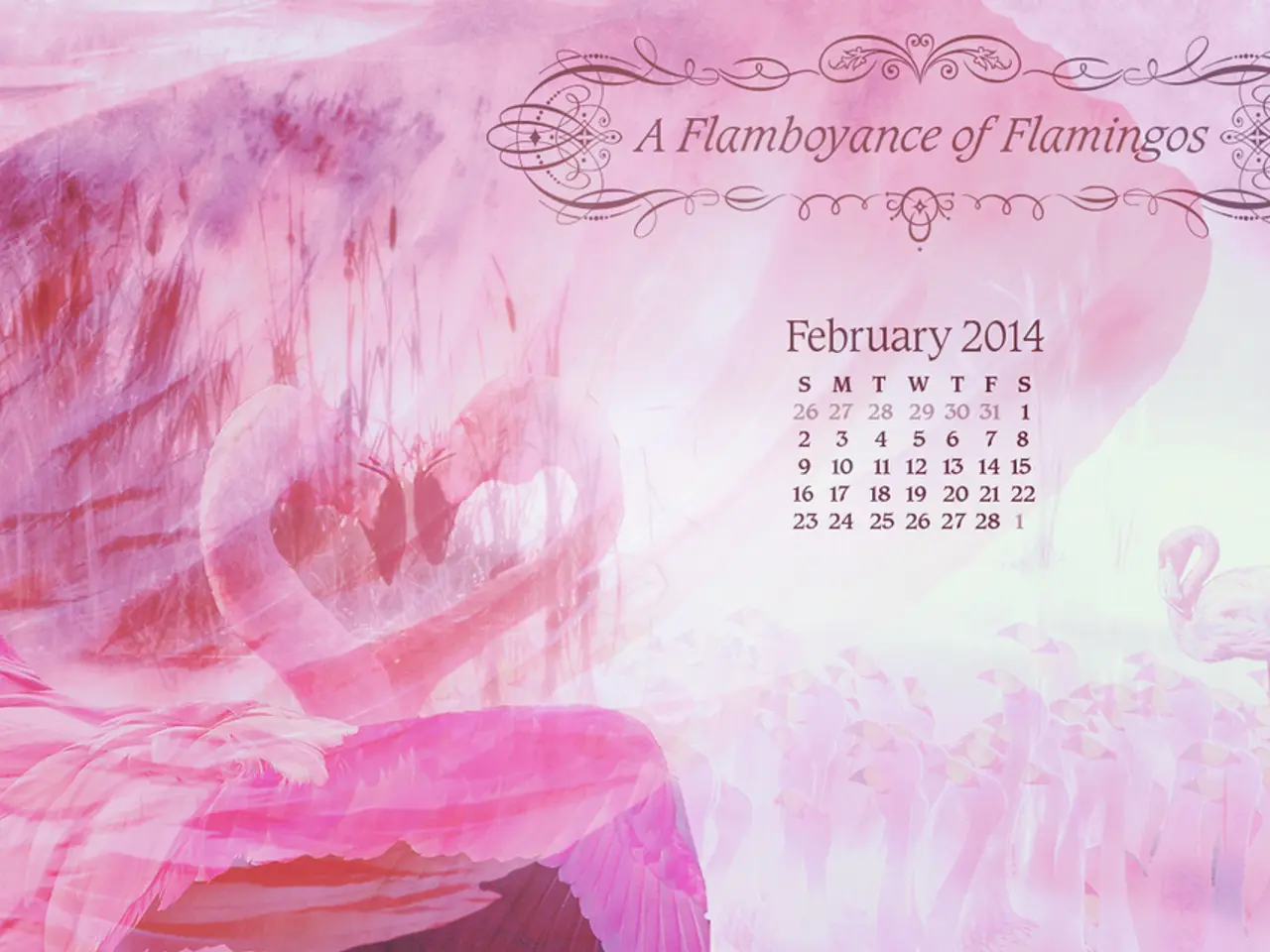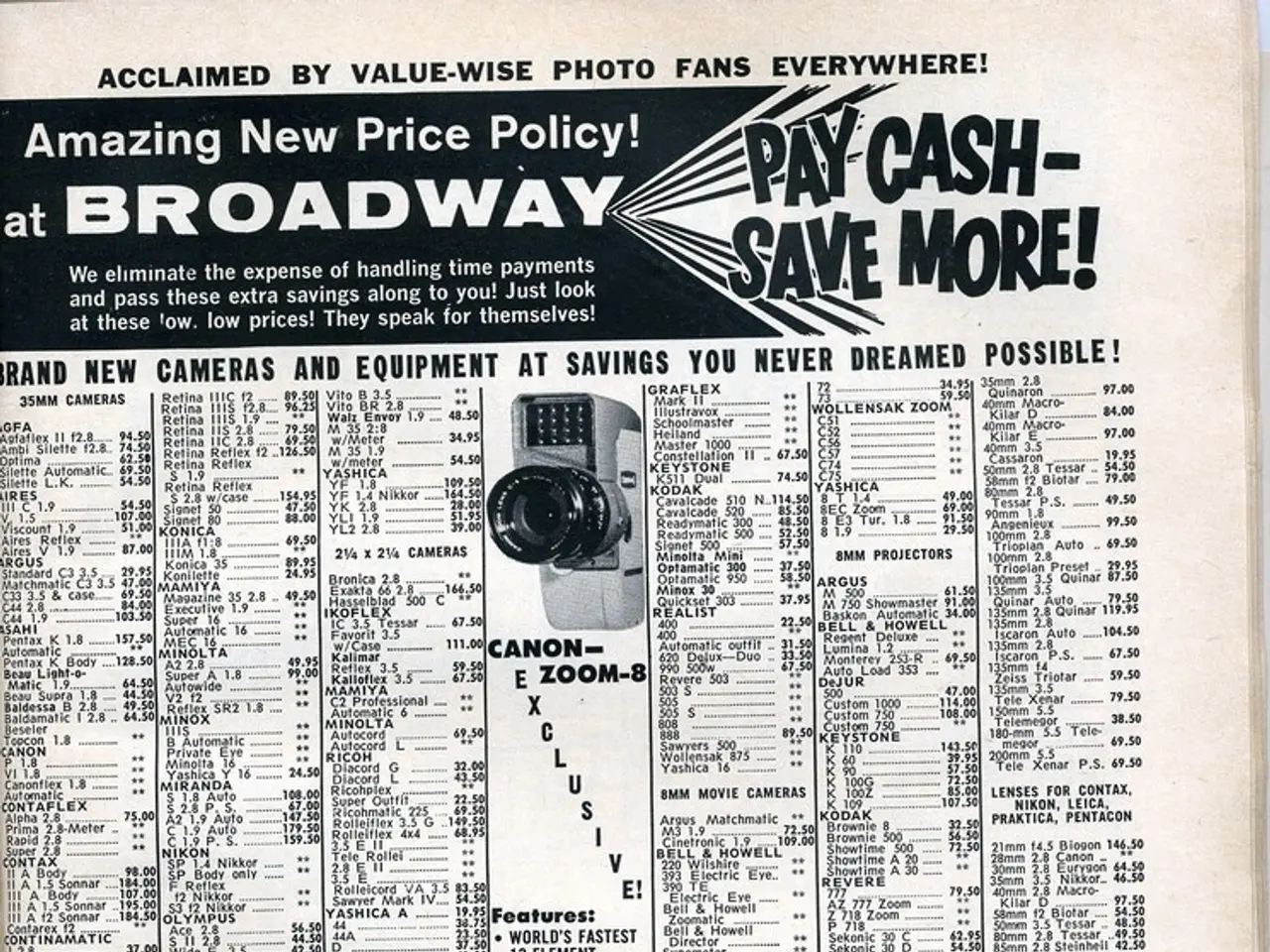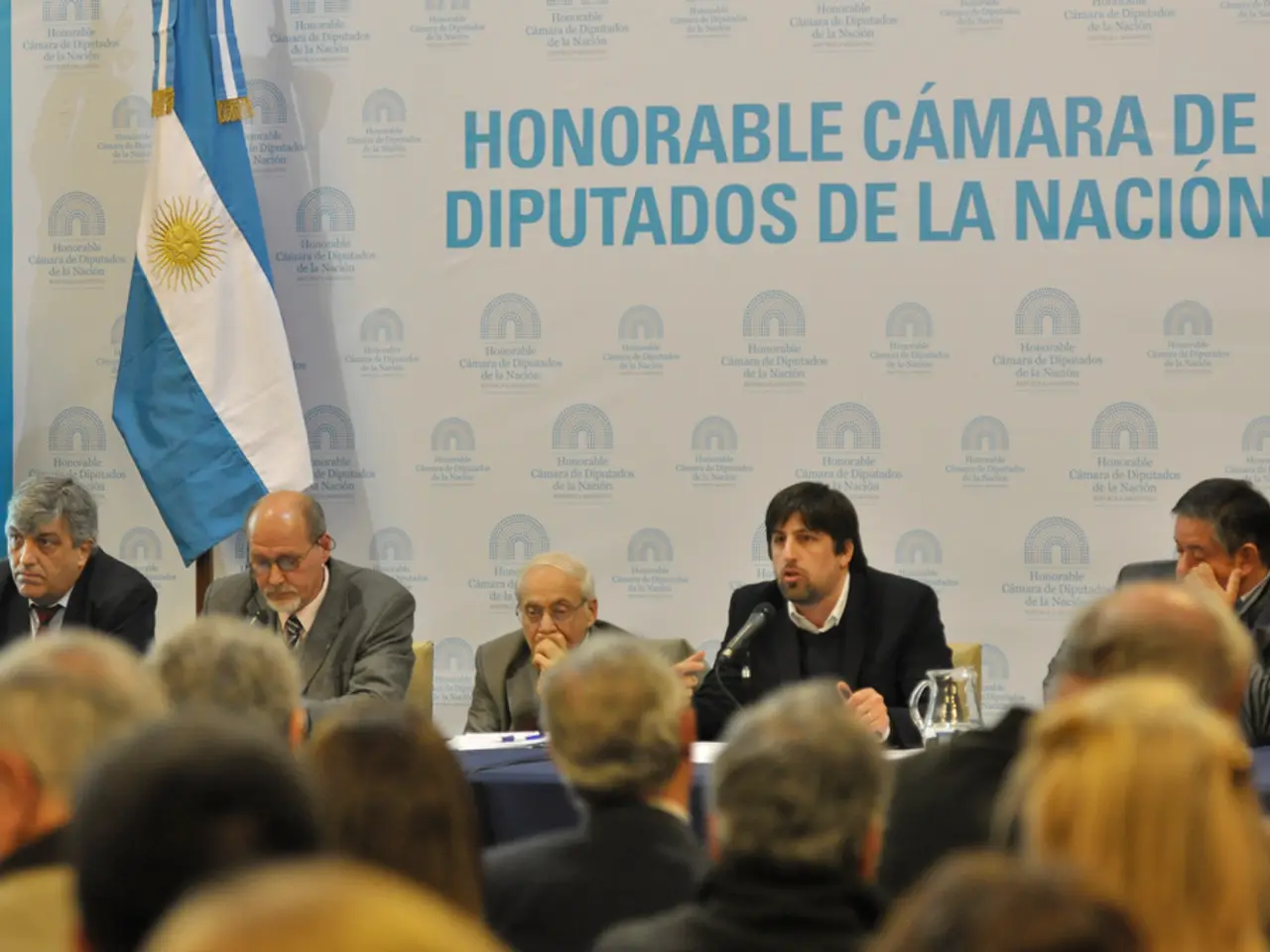Art world grew expanding efforts of Okwui Enwezor
Okwui Enwezor: A Visionary Pioneer in Global Art
Okwui Enwezor, a renowned figure in the art world, was born in Calabar, Nigeria in 1963. He was an artist, poet, writer, curator, theorist, educator, and museum director, whose groundbreaking work significantly transformed the contemporary art landscape.
Enwezor's exhibitions, such as "The Short Century: Independence and Liberation Movements in Africa, 1945-1994," "Archive Fever: Uses of the Document in Contemporary Art," and "Rise and Fall of Apartheid: Photography and the Bureaucracy of Everyday Life," embedded art within larger, sometimes opposing currents of history, politics, and culture. His work aimed to decenter the Western canon and break art open to divergent perspectives and experiences.
Enwezor's thinking was antithetical to "suffocating enclosures" and he advocated for large-scale exhibitions embodying a kind of "critical cosmopolitanism." He took care to remind viewers that art originated in a specific context and set of conditions. His work was a testament to the complex geopolitical arrangements in which contemporary art unfolds, and resistant to a single, unified view of art and "global totalization."
Enwezor's editorial took aim at an art establishment resistant to substantive change, arguing against dichotomies such as "First/Third World, Center/Periphery, Black/White, and High/Low." He described the public sphere he was working within as "beyond the purview of Western colonial epistemologies."
Enwezor's writings, spanning over twenty-five years, focused on creating new frameworks for understanding African and Afro-diasporic art, challenging Eurocentric narratives and advocating a more inclusive global art discourse. His essays provide a surgical analysis on how photographic culture fueled anti-apartheid protests.
Enwezor's expansive arguments often contracted into lean summaries of intent. His writings trace the way he expanded the art canon alongside larger trends of the times, especially the globalization of the art world and the evolution of biennials. He curated the 2002 Documenta 11, the storied quinquennial exhibition, and remapped the entire project into "five platforms" across four locations around the world.
In 2015, Enwezor served as artistic director of the Venice Biennale, making him the second person to hold this position after his tenure at Documenta. His work made the art world more expansive and pluralistic, fostering cross-cultural dialogue and educational platforms. He exemplified being a "world-builder" by architecting new cultural spaces and narratives that connected multiple continents and histories within the art world.
Enwezor's legacy has made the art world more truly global, not by proposing a new grand narrative, but by fracturing apart ideas of totalizing narratives altogether. His name is now well-known, as are those of the many artists, curators, writers, and scholars whom he uplifted and collaborated with. A two-volume edition of his collected writings was recently published, containing over a thousand pages, allowing readers to follow his ideas across his life and trace a pivotal time in art history, from the turn of the 20th to the early 21st century.
However, Enwezor's life was cut short in 2019 due to illness. His passing left a significant void in the art world, but his visionary role as a "world-builder" continues to resonate, inspiring future generations to challenge existing power structures, expand the art canon, and foster a more inclusive global art discourse.
References
- The Guardian
- The New York Times
- Artforum
- Nka: Journal of Contemporary African Art
- Documenta 11
- Okwui Enwezor, a contemporary art visionary, was a renowned artist, writer, and curator who significantly influenced the modern art landscape.
- Enwezor's groundbreaking exhibitions, such as "The Short Century" and "Archive Fever," embedded art within historical, political, and cultural contexts, challenging Eurocentric narratives.
- He advocated for a critical cosmopolitanism, reminding viewers that art originates in specific contexts and resisting the idea of a unified global view of art.
- Enwezor's writings, spanning over two decades, focused on creating new frameworks for understanding African and Afro-diasporic art, challenging the art establishment, and advocating for a more inclusive global art discourse.
- In his role as a curator, Enwezor expanded the art canon alongside globalization trends, redefining the art world as more expansive and pluralistic.
- He served as both artistic director of the Venice Biennale and curator for Documenta 11, fostering cross-cultural dialogue and educational platforms.
- Enwezor's writings, including the two-volume edition of his collected works, provide a valuable resource for understanding art history and the pivotal role of the "world-builder" in the art world from the 20th to 21st centuries.







